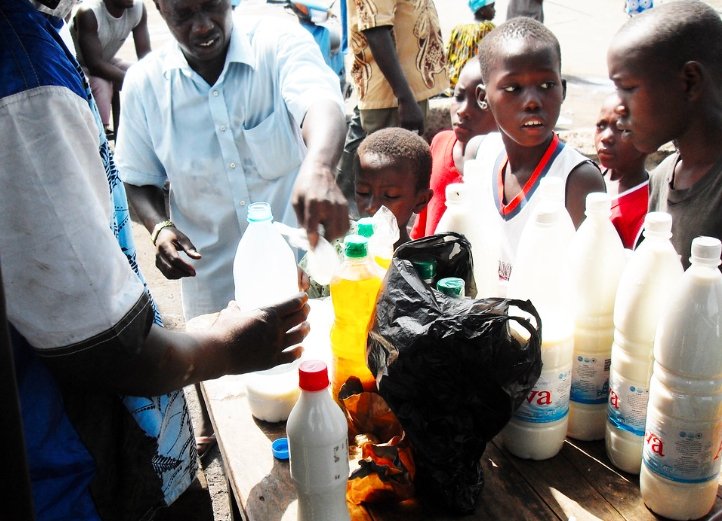Colorado is one of the few states in the West that prohibits the sale of raw milk, or milk that has not been pasteurized to kill harmful bacteria, to consumers. However, a new bill introduced in the state legislature aims to change that and allow direct-to-consumer sales of raw milk from registered producers.
What is the bill about?
The bill, SB24-043, was sponsored by Senators Dylan Roberts and Byron Pelton, who said they wanted to give consumers the freedom and choice to buy raw milk from local farmers. The bill would also support the state’s agriculture industry and rural communities.
The bill would authorize a raw milk producer who registers with the Department of Public Health and Environment (DPHE) to sell raw milk directly to consumers in the state, as long as they comply with certain labeling, storage, handling, and transportation requirements. The direct sales could take place at the farm, the consumer’s residence, or a farmers’ market or roadside stand. The bill would not affect the existing herd-share system, which allows consumers to buy shares in a dairy herd and receive raw milk as part of their ownership.
What are the benefits and risks of raw milk?
Raw milk advocates claim that raw milk has many health benefits, such as improved digestion, immunity, and nutrition. They also argue that raw milk is more natural, ethical, and environmentally friendly than pasteurized milk, which undergoes a heating process that kills both good and bad bacteria.

However, public health officials warn that raw milk can also carry dangerous pathogens, such as E. coli, salmonella, and campylobacter, that can cause serious illnesses, especially in children, pregnant women, and older people. They say that pasteurization is a safe and effective way to prevent foodborne outbreaks and protect consumers from potentially life-threatening infections.
According to the Centers for Disease Control and Prevention (CDC), between 1993 and 2012, there were 127 outbreaks linked to raw milk or raw milk products in the United States, resulting in 1,909 illnesses, 144 hospitalizations, and two deaths. In Colorado, there were four outbreaks linked to raw milk between 2007 and 2016, resulting in 80 illnesses and 11 hospitalizations.
What are the safeguards and regulations in the bill?
The bill includes several safeguards and regulations to ensure the safety and quality of raw milk sold in Colorado. The bill requires that:
- Raw milk producers register with the DPHE and pay a fee of $100 per year.
- Raw milk containers be labeled with the producer’s name, date, and a warning statement that raw milk may increase the risk of foodborne illness.
- Raw milk containers be kept below 40 degrees Fahrenheit during storage and transportation.
- Raw milk producers test their milk for bacteria and somatic cell counts at least once a month and keep records of the results for at least two years.
- Raw milk producers allow the DPHE and the Department of Agriculture (DOA) to inspect their facilities, operations, and records upon request.
- Raw milk producers report any suspected or confirmed illnesses related to their raw milk to the DPHE within 24 hours.
- Raw milk producers comply with the animal health and welfare standards set by the DOA.
The bill also authorizes the DOA to adopt rules related to the storage, handling, and transportation of raw milk, and to enforce the bill’s provisions in court or by imposing civil penalties of up to $500 per container of raw milk.
What are the reactions and opinions on the bill?
The bill has received mixed reactions and opinions from various stakeholders and groups. The bill’s sponsors said they received positive feedback from many consumers and farmers who support the bill and want to have more access and options for raw milk. They also said they consulted with the DPHE and the DOA to address their concerns and ensure the bill’s safety and feasibility.
However, the bill also faced opposition and criticism from some public health and dairy industry representatives, who said the bill would pose a significant health risk to consumers and undermine the state’s dairy standards and reputation. They also said the bill would create an unfair advantage for raw milk producers over pasteurized milk producers, who have to comply with more stringent and costly regulations.
The bill passed the Senate Agriculture and Natural Resources Committee with a unanimous vote on January 19, 2024, and is now awaiting further action in the Senate.














